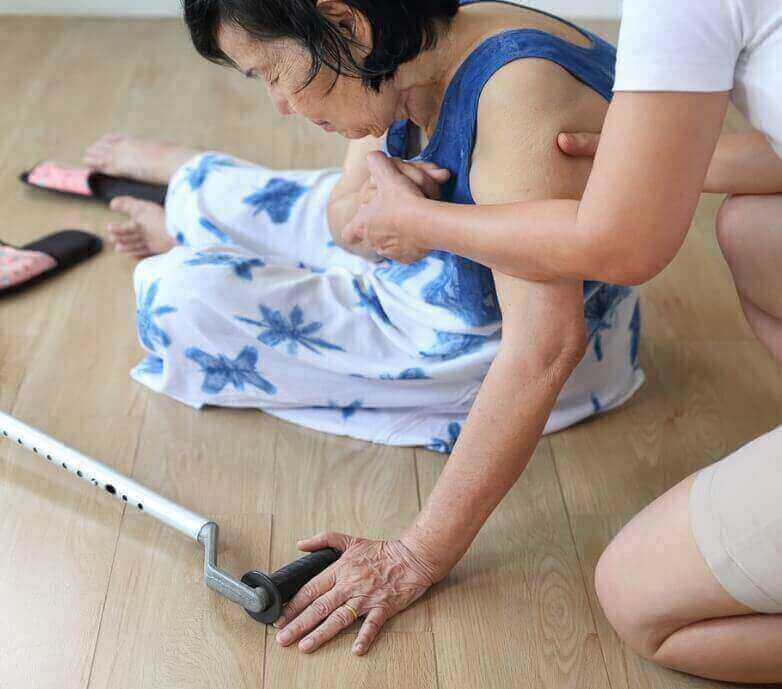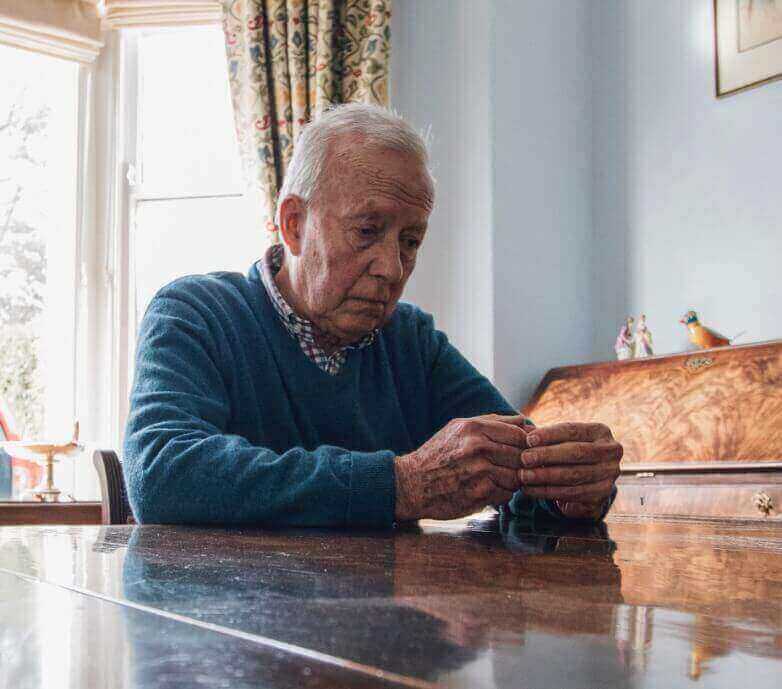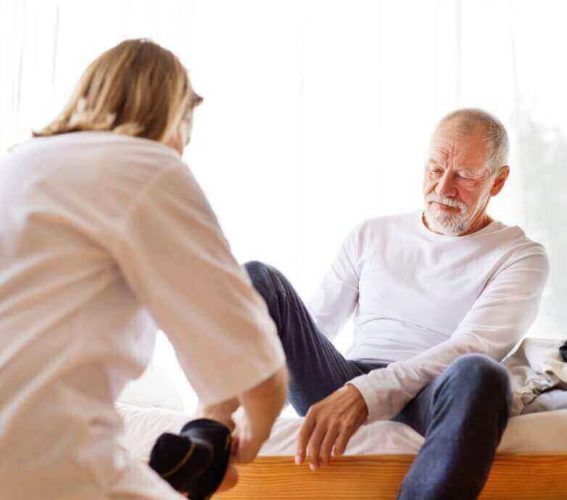Relatives have many questions at the outset about their loved one’s needs and recovery after a stroke. This is also completely normal and understandable. Managing your new role as “caregiver” may seem daunting, but you are already participating in one of the most important first steps for treating stroke: educating yourself. By keeping the following in mind, you are helping your loved one along the road to recovery.

While taking prescribed medications and following rehabilitation recommendations are key elements to recovery, your loved one may have lifestyle risk factors that could potentially contribute to a second stroke.

Following these steps can help reduce the chances of a stroke event:
- Control high blood pressure. People with high blood pressure have at least one and a half times the risk of having a stroke.
- Take up physical activity. Even small amounts of activity throughout the day can make a difference.
- Control blood sugar. People with diabetes are up to four times more likely to experience a stroke than their non-diabetic counterparts.
- Eat healthy foods like fruits, vegetables, fish and whole grains.
- Lose weight. Maintaining a healthy weight and Body Mass Index (BMI) can lead to health benefits like the regulation of blood pressure.
- Manage cholesterol levels. Cholesterol or plaque build-up in the arteries can decrease blood flow to the brain.
- Stop smoking. Smoking is one of the leading risk factors for stroke.
Many factors influence recovery
Recovery rates are different for every stroke patient, so it is important to avoid comparisons. The most rapid recovery tends to occur during the first three to four months after a stroke, but some survivors continue to recover years after their stroke. Contributing factors of recovery time include the location in the brain where the stroke occurred, how much of the brain was affected, patient’s motivation, caregiver support, quality and quantity of rehabilitation, and how healthy the survivor was before the stroke took place.


Physical therapy can be helpful
Keeping an eye out for signs that your loved one may benefit from physical therapy can prove to be advantageous to their recovery. If your loved one is suffering from imbalance resulting in falls, difficulty walking, requiring frequent rests from daily activities, or inability to do things they normally enjoy, a physical or occupational therapist can aid in the rehabilitation process. The long-term goal of rehabilitation is to improve function and make the stroke survivor as independent as possible, improving their overall quality of life.
Monitoring progress can be motivational
How much rehabilitation a stroke survivor needs depends partly on their rate of improvement throughout their recovery. Functional improvements in the survivor’s living, mobility, and communication skills are expected to be made regularly through their rehabilitation. Keeping track of progress may also help grant the survivor a sense of accomplishment, providing them with steady motivation to continue with their recovery.
Support is available
Community resources are available for both you and your loved one to help make living with post-stroke conditions more manageable and understandable. A case manager, social worker, or discharge planner can assist you in finding support within your community. Stroke support groups provide a system for learning and socialization. You can find a stroke support group in your area by following this link: http://portal.stroke.org/a_supportgroupsearch_new
The challenges of a caregiver
Being a caregiver for a stroke survivor can be physically and emotionally demanding. It is important to take breaks and check in with yourself to avoid feeling overwhelmed. Maintain balance in your own life by eating balanced meals, exercising regularly, receiving adequate rest, and socializing with friends and family.
On our blog, we have compiled helpful tips on stroke treatment and stroke prevention. These provide you or a loved one with up-to-date information and news on the topic: http://cbchealth.ch/news-updates/



